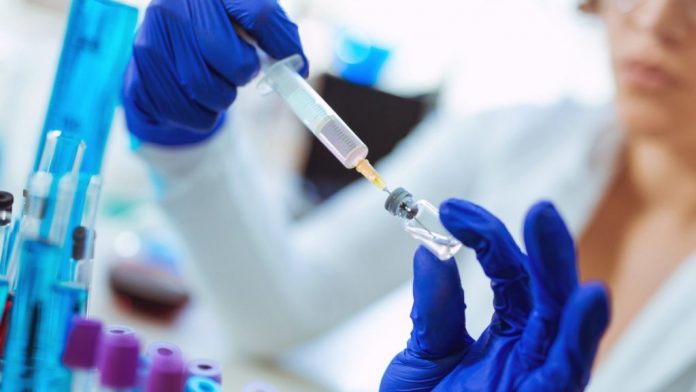Researchers at the Israel Institute for Biological Research and the Weizmann Institute of Science have published an article summarizing positive trials on hamsters with a coronavirus vaccine. During the trial two groups of hamsters were infected with Covid-19 and the vaccine was administered to one of the groups.
The hamsters in the vaccinated group showed less weight loss, and less damage to their lungs than the group, which was not vaccinated. There were no traces of the virus left in the blood of the hamsters that were vaccinated. Moreover, the hamsters that were vaccinated developed neutralizing antibodies – the major antibody that prevents coronavirus infection.
The hamsters were infected with a coronavirus that is monoclonal and usually affects farm animals and insects, and is one element removed from coronavirus that attacks human cells. The hope is that the human immune system will identify this connection and develop antibodies that will prevent the coronavirus from attacking cells.
The results of the Israeli research was published on the bioRxiv website for peer review.
The Israel Institute for Biological Research effort is one of dozens of projects worldwide by academic institutes and commercial companies seeking to develop a Covid-19 vaccination. Another such Israeli project is being developed by MigVax, a subsidiary of the Migal Galilee Research Institute, which recently raised $12 million.
The leading four candidates to become the world’s first Covid-19 vaccination are being developed by US company Moderna, Chinese company Sinovax, Chinese company Sinopharm and Oxford University in the UK together with Astrazeneca. All these companies have published promising initial results. Also in the race, but who have yet to publish any results, are Pfizer, Innovo, Sanofi and Johnson & Johnson.
The US government’s senior advisor in the fight against coronavirus Dr. Anthony Fauci recently said that it would take at least 12 to 18 months until an effective vaccination is available to the public.
































